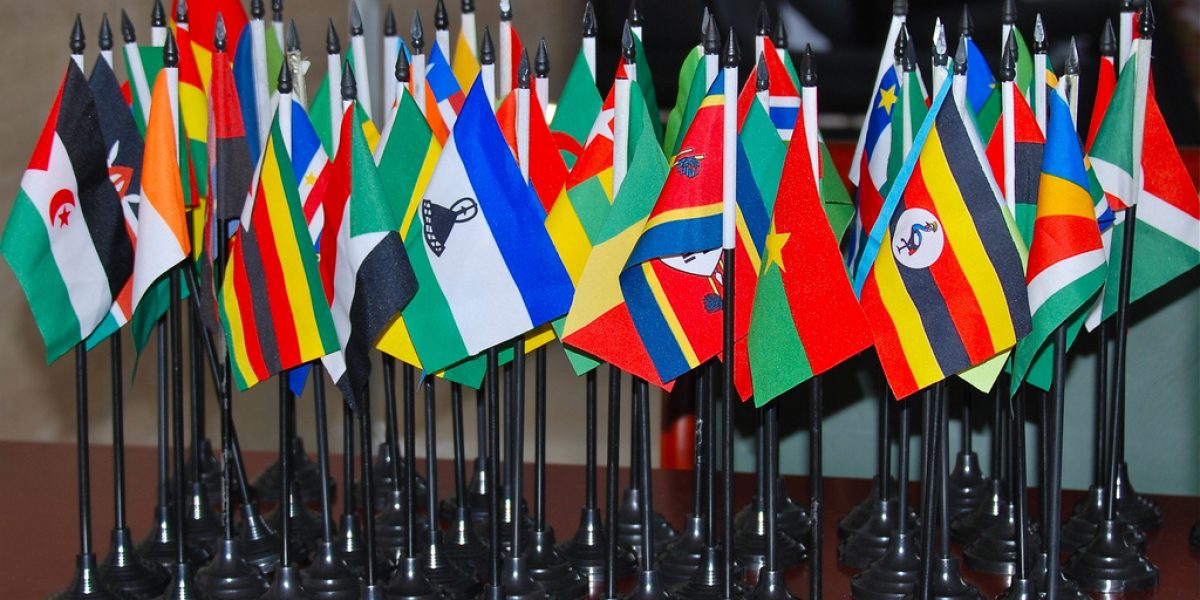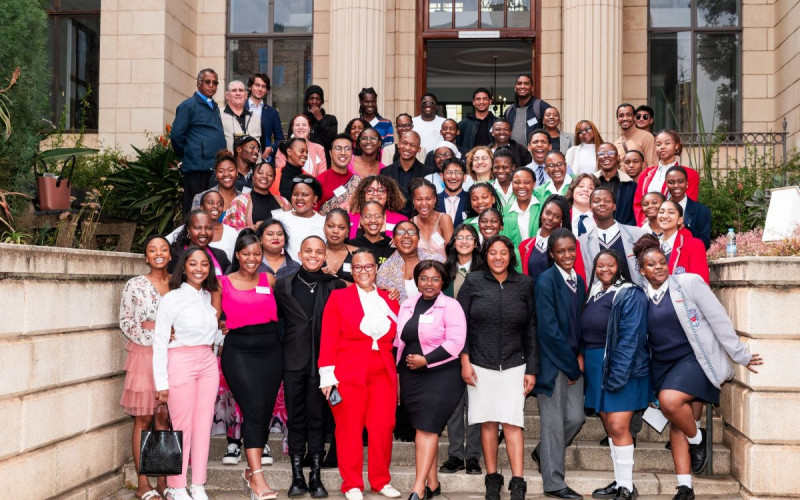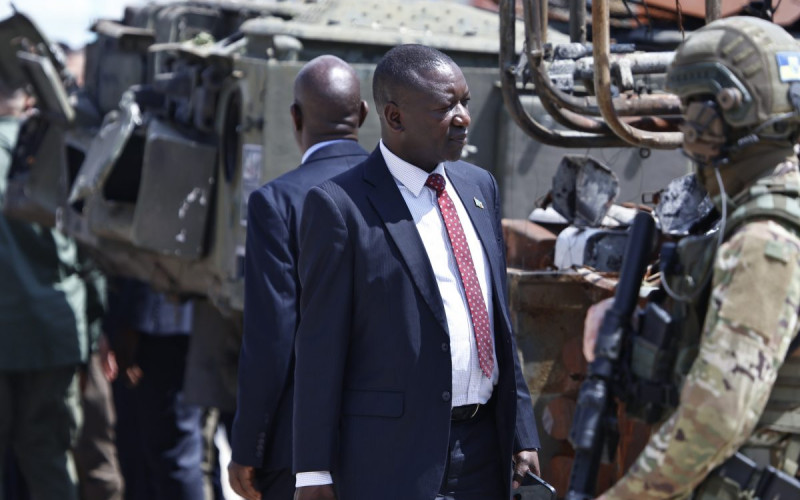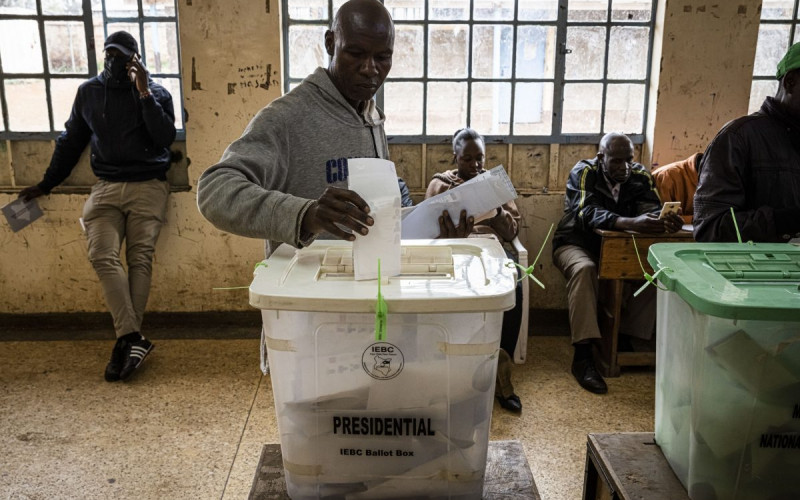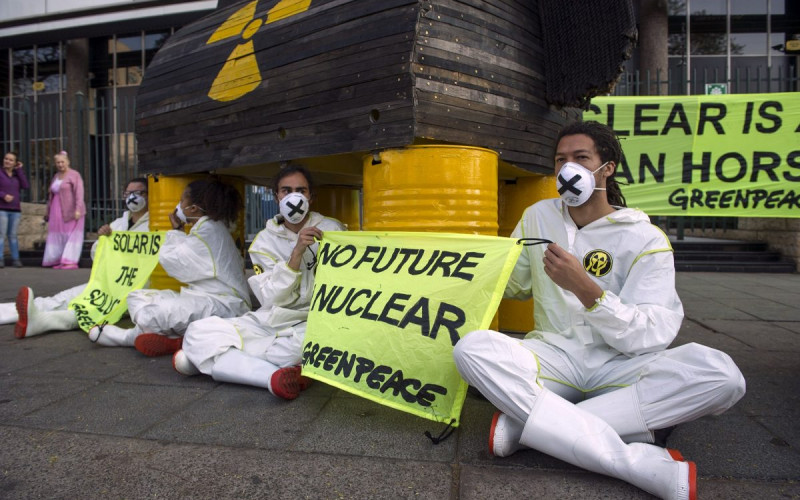Following victory in the referendum held on 4 August, he is the twelfth African leader in a decade to engineer a third term of office. Has the tide turned against the ‘third wave’ of democratisation in Africa?
Term limits were introduced by more than half of Africa’s states between 1990-1994. They came as part of a ‘democracy package’ that included multi-party competitive elections, freedom of the press and constitutionalism. They were meant to end the practice of presidency for life, when dictators were ousted only by a coup d’etat or death, or both in many cases.
This democratic trend has been reversed in the new millennium, starting with President Nujoma of Namibia in 1999. Then followed: President Diouf of Senegal, Conte of Guinea, the late Eyadema of Togo and the late Bongo of Gabon, Compaore of Burkina Faso, Deby of Chad, Ben Ali of Tunisia and Museveni of Uganda. In 2008 Bouteflika of Algeria and Biya of Cameroon joined the list of leaders past their sell-by dates. Most amazing is that President Biya himself introduced term limits to Cameroon in 1996, only to scrap them when his retirement loomed.
Some leaders have tried and failed to amend constitutions for a third term in office, in Malawi, Nigeria and Zambia. Robust opposition from civil society organizations, political parties and the media has seen off these attempts. Others have gone gracefully, like Nelson Mandela and Joachim Chissano. Thabo Mbeki promised he would not seek a third term, but was spared the opportunity to prove his good intentions.
It is a disturbing pattern that has gone on all the while that the OAU has been reformed into the African Union. The regional organization signed its own new constitution in 2000, with principles of democracy and provision for sanctions against unconstitutional changes of government. New institutions were set up to protect democracy, including the Peace and Security Council, the Pan-African Parliament and the African Peer Review Mechanism (of NEPAD).
The African Charter on Democracy, Elections and Governance was adopted by the AU in January 2007. Article 23 of the Charter defined unconstitutional changes of government as ‘illegal means of accessing or maintaining power’, including ‘any amendment or revision of the constitution or legal instruments, which is an infringement on the principles of democratic change of government’. Sanctions are to be implemented by the AU against any government that tampers with its constitution in this way.
The immediate problem for the AU is that this charter has not yet entered into force. Not even South Africa has ratified it. The regional body has implemented sanctions in a number of countries. But this has only been in cases of coups d’etat. There is no precedent for sanctions against an incumbent president. It doesn’t help that Gaddafi currently chairs the AU and has expressed his distaste for democracy from this platform. Niger’s best hope is for joint action by the UN, AU and ECOWAS, led by the AU’s former peace and security commissioner, Said Djinnit. He is now leading this mission to Niger as the special representative to the UN Secretary General for West and Central Africa.
Do Africa’s leaders really need term limits? Many would point to the Westminster system to say that democracy doesn’t need this mechanism. Zimbabwe is one of the few countries that did not introduce term limits because of its parliamentary tradition. Robert Mugabe has certainly proved the rule that power corrupts over time. But if a leader is genuinely popular, the people should be allowed to vote to keep them. The problem is when a leader begins manipulating institutions to override democratic choices.
Counting the cases, Africa seems to have taken two steps forward, then one step backward in the consolidation of democracy since the 1990s. Civil society will have to be nimble to keep up with the changes.

